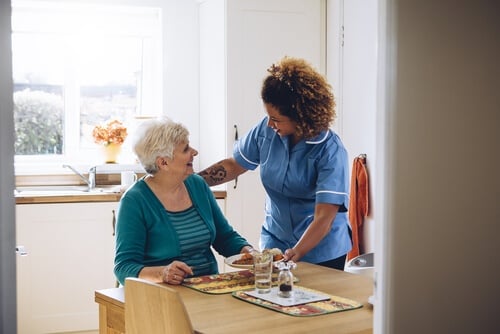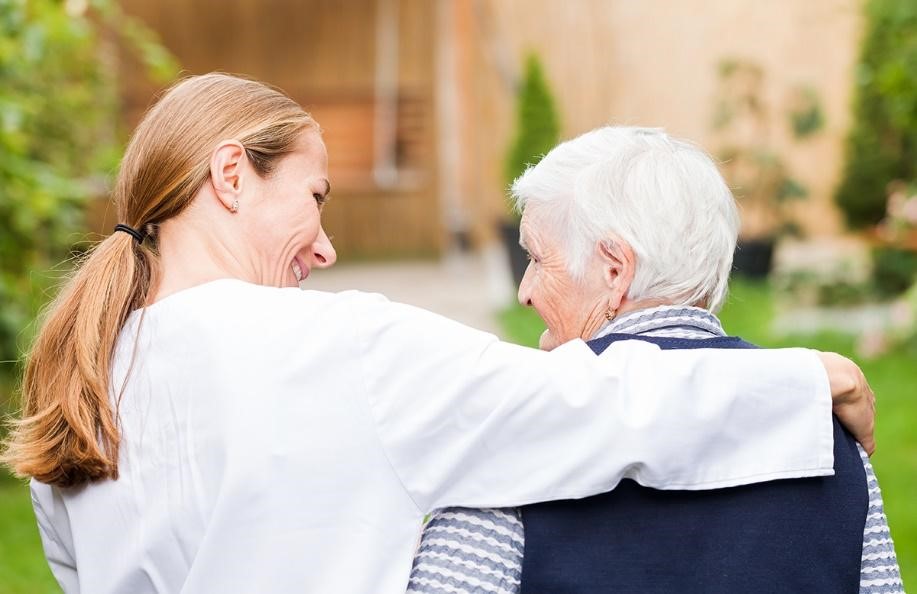
Home Care Vs. Home Health Services
Sometimes home care and home health agencies are confused. Both types of services exist to provide support to aging individuals in the comfort of their own home. You can opt for short-term or long-term services in either case. The main difference, however, is the purpose of the services offered.
Home Care Agencies:
- Offer non-medical support
- Focus on improving quality of life and personal safety
- Don’t require a formal prescription or diagnosis
- Can be personalized to your family member’s preferences
- Assist with activities of daily living
Home Health Agencies:
- Offer forms of medical support only
- Focus on rehabilitation or maintaining your loved one’s health
- Typically require a prescription or diagnosis
- Meet medical needs only
Although not assistive medically, home care agencies provide support that affects the quality of life of aging clients. The services offered by caregivers tend to be both personal and practical instead of clinical.
Common Home Care Services
The kinds of home care services offered through their caregivers are numerous. Whether your family member just needs help getting to and from their favorites activities or would benefit from daily help around the house, a caregiver will likely be able to assist.
Common examples of home care services include:
Homemaking Help
Taking care of a home can be challenging for people as they age. Your loved one can live at home more comfortably with help:
- Performing light housekeeping
- Caring for plants or pets
- Planning, prepping, and cleaning up after meals
- Completing laundry, ironing, or changing bedding
- Running errands or buying groceries
- Companionship through shared activities like playing cards
Personal Care Assistance
If your family member has difficulty dressing or bathing on their own, they may need personal assistance. Helping with personal care doesn’t require medical knowledge or treatment, so home care agencies typically offer this service. Other examples of personal assistance include:
- Appointment or medication reminders
- Wake up or tuck in assistance
- Support in the bathroom, with ambulation, or dressing
- Grooming and skincare help
- Feeding and repositioning
- Monitoring activities like food intake or urinary output
- Incontinence care and full bathing assistance
Determining If Your Loved One Would Benefit from Home Care Services
Your aging family member may be doing well living in their home on their own, but simply be lonely. Maybe your loved is happy and energetic but has trouble getting around independently. Perhaps your loved one is receiving health care at home while recovering from surgery but needs assistance with housework and personal care in the meantime.
Home care services are unique in that they can be tailored to meet the non-medical needs of your family member in the next season of life. If you think your family member may benefit from any of the services referenced, or similar services, learn more. Download this free Guide to Home Care today.
{{cta(‘6a691ae8-409b-4b09-a1d5-2864ffe1c1b5’)}}






